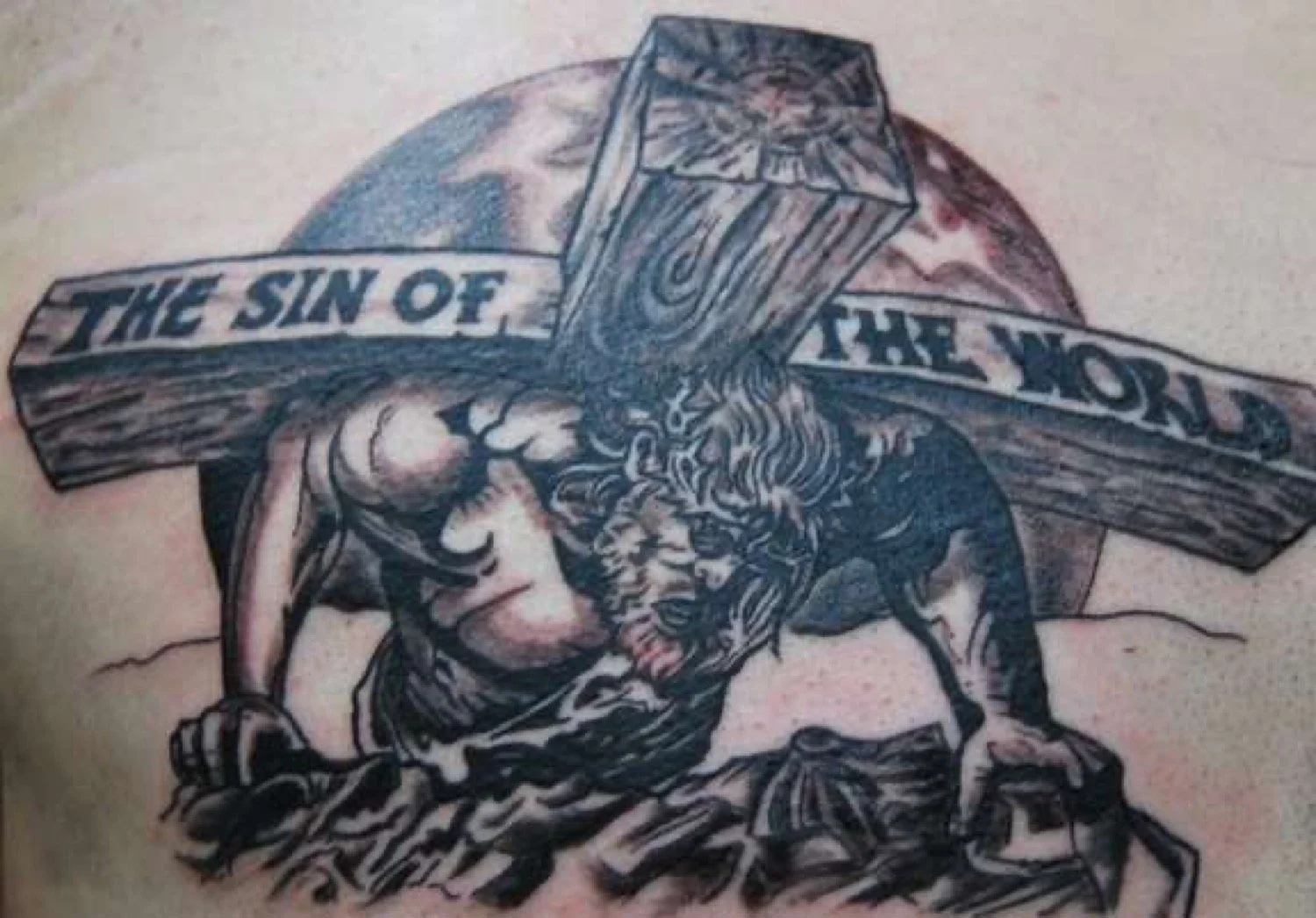Readings for today: 2 Thessalonians 1-3
“To this end we always pray for you, that our God may make you worthy of his calling and may fulfill every resolve for good and every work of faith by his power...” (2 Thessalonians 1:11)
A common misconception in the Christian life is that while God performs the act of salvation, the rest of life is up to us. We raise our hands and come forward as a response to the Holy Spirit’s work of regeneration in our hearts but then leave the sanctuary with this inner resolve to live by our own willpower. How many sermons have we heard over the years that could double as secular motivational talks? How many Bible studies turn into self-help sessions with a little Jesus thrown in? How many conferences and retreats have we attended where the main message was simply work harder? Do more? Be better for Jesus? I cannot tell you how many times I have picked up a book, downloaded a podcast, or attended a conference hoping to hear the gospel only to be told overtly or covertly that the quality of my life really depends on me. My self-discipline. My ability to resist temptation. The intentional way I live my life. I can’t tell you how many times I’ve fallen into this trap as a preacher myself!
The Bible is clear. We simply do not have the power to live the Christian life. We do not have the will or the discipline to make it happen. Left to our own devices, we will struggle. Left to our own resources, we will fall. Trusting in our own strength, we will fail. Living the Christian life is not a matter of learning some new techniques. It’s not a matter of turning over a new leaf. It is about transformation. Total-life transformation from the inside out and it is the work of God.
In the verse above, Paul prays for three things for his Thessalonian friends. All of them come from God. Not a single one is rooted in the human heart. He prays God will make them worthy of His calling. Essentially, he is praying for God’s Spirit to so root and ground them in the righteousness of Christ that every facet of their lives - home, community, work, school, etc. - would reflect His glory. He prays their lives might become a living reflection of the reality God has already brought about through their salvation in Jesus Christ. In Christ we are the very righteousness of God. Those called by Christ are constantly being formed and re-formed into His image, thereby being made worthy of the initial call God placed on their lives when He first saved them.
This involves human activity of course. A change in human behavior. But even that is not accomplished through our willpower alone. The second thing Paul prays for is for God to fulfill their every resolve for good. Each and every day, we are faced with a fundamental choice. Will I live for God or will I live for me? Will I live selflessly or selfishly? Will I seek to honor God or will I gratify the desires of the sinful nature? This fundamental choice works itself out in lots of different situations in every facet of our lives. It pops up in every conversation. Every task assigned to us. Every chore we perform. Every interaction we have with another divine image-bearer who crosses our path. However it manifests itself, the fundamental choice is always the same. Will we do good or evil? And because we are predisposed through our sinful nature to do evil, we need God’s help to do good.
The final thing Paul prays for is the power to perform every work of faith. Once God has called us and set us apart for Himself. And once He has reoriented our desires away from evil and towards the good. The final piece we need is the power to actually perform the action. We need the power to actually take the next step. To confirm our calling by acting on our resolve to walk by faith and not by sight. Only by tapping the limitless power of the indwelling presence of the Holy Spirit will we ever find the strength to live for Christ. And this is why we must spend so much time with Him. Learning to hear His voice. Seek His wisdom. Surrender to His strength. This is why prayer and meditation on Scripture is absolutely vital to the Christian life. It’s why weekly worship with a local body of believers is essential for every single Christian. It is through these ordinary “means of grace” that God makes us worthy of His calling. Fulfills our every resolve for good. And gives us the strength to perform every work of faith.
Years ago, a professor challenged me with a quote from Evagrius Ponticus, one of the most influential theologians of the 4th century. Ponticus defined the sin of pride as living as if God were not our helper. So here’s the fundamental question…is God your helper? Do you see the hand of God at work in every part of your life? Do you thank God for all His benefits? Do you praise God for the mercies He has shown you? Do you lean on God for all you need for this life and the next?
Readings for tomorrow: Acts 18:19-19:41




